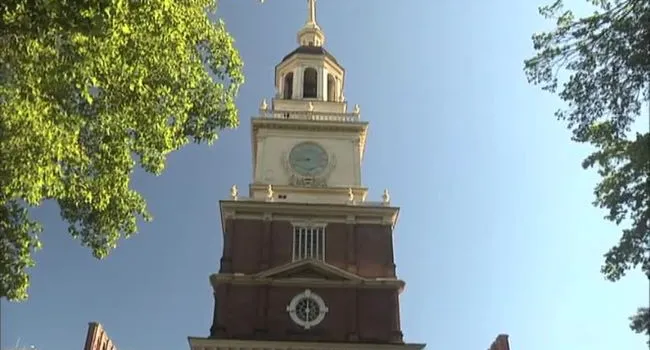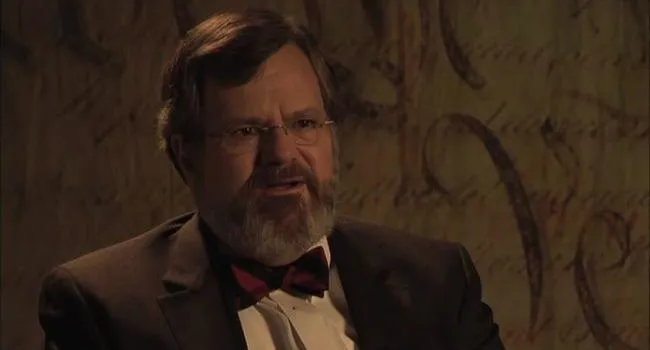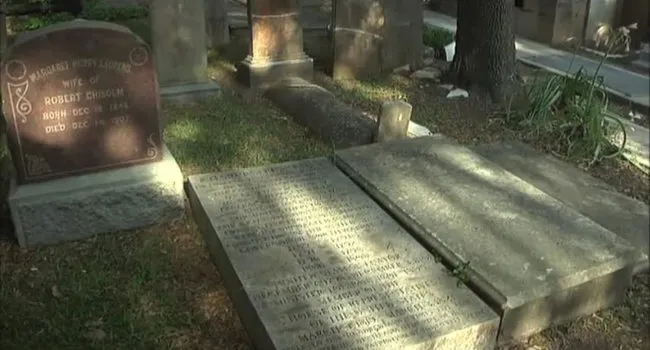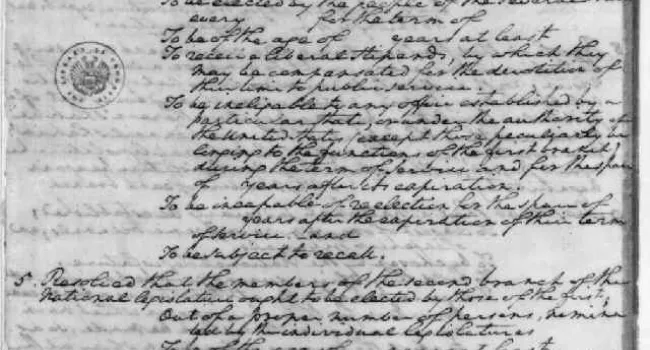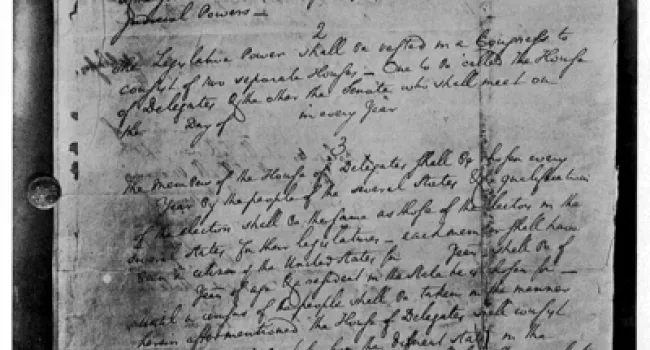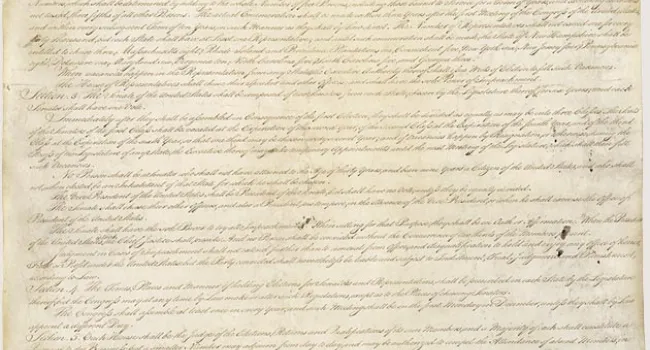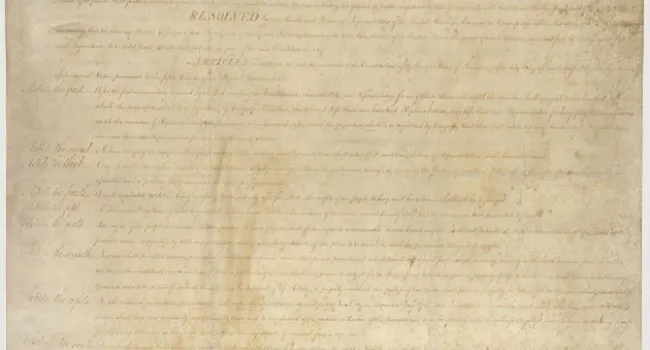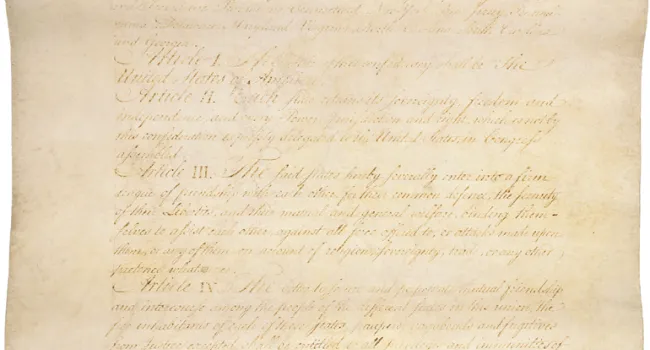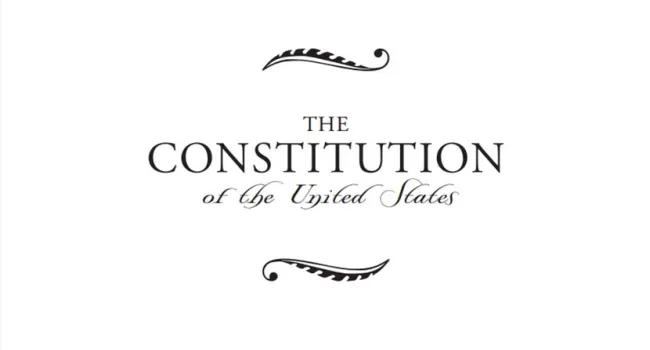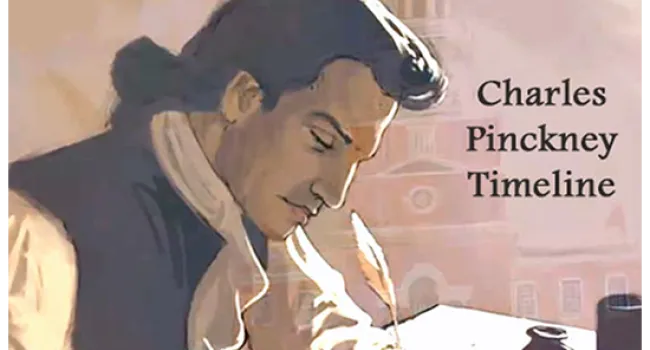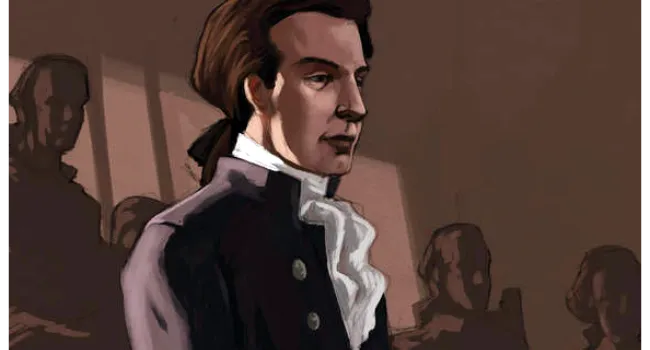In 1794, shortly before Pinckney was elected to a third term as governor, his wife, Mary Laurens Pinckney, gave birth to a son, Henry Laurens Pinckney. After serving two years of his third term as governor, Charles was appointed to the United States Senate in 1798, to fill the seat vacated by John Hunter. There, his ideas about the role of central government began to reflect those of Thomas Jefferson. Pinckney began working diligently to correspond with the backcountry residents of South Carolina, whom he believed would become the enduring power base of the state. He returned home to garner support for Jefferson in his campaign for the presidency. Jefferson's Federalist opponent is Pinckney's cousin, Charles Cotesworth Pinckney. He was considered a traitor by some members of the Lowcountry elite.
As a reward for his support of Jefferson, he finally fulfilled his dream to go to Europe, when appointed Minister of Spain by Jefferson in 1801. He spent about five years in Spain, and worked on three major issues while there, and toured parts of Europe, especially Italy, and engaged in some activities that were not seen as appropriate by the Secretary of State, James Madison.
One of the issues he worked on was claims regarding American ships that were taken by Spain. America wanted to be reimbursed by Spain, which Pinckney negotiated. He also worked on the Louisiana Purchase and succeeded in gaining Spain's approval. He tried to obtain Spanish-held Florida for the United States, but this negotiation failed.
Pinckney returned to South Carolina in 1805 to discover that his plantations were in ruins and his money was almost gone. He had entrusted all of his financial affairs to his cousin, Daniel D'Oyley, and upon Pinckney's return, found that his affairs had been mishandled and fired D'Oyley, whereupon D'Oyley published a pamphlet in which very personal, extremely derogatory aspects of Pinckney's financial circumstances were revealed. Pinckney's assets were given over to trustees,
Despte this setback, Pinckney was once again elected governor and subsequently served in the State House of Representatives from from 1810-1814.
In 1818, John Quincy Adams began compiling records from the Constitutional Convention. One of the documents missing was the Pinckney draft.



